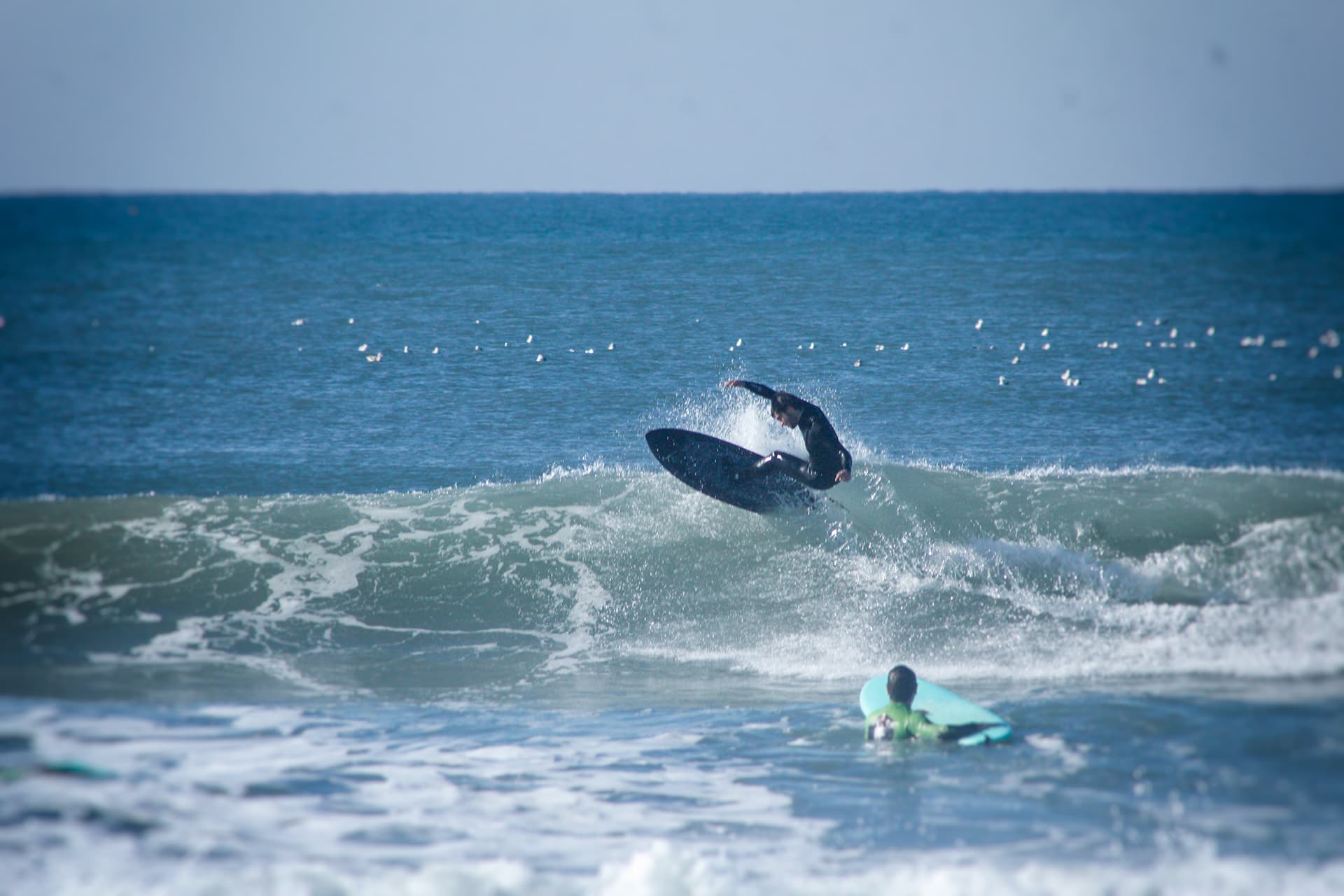Can I start surfing at 26?
Is 1 foot enough for surfing?
If you're a beginner surfer, you might be wondering whether one foot is enough to surf. The short answer is: it depends on your skill level and the conditions of the waves.
If you're just starting out, a one-foot wave can be a great way to learn the basics of surfing. This size of wave is usually gentle enough for beginners to ride without too much difficulty. Plus, you'll be able to practice your balance and technique without feeling overwhelmed by a larger wave. However, if you're an experienced surfer looking for a more challenging ride, a one-foot wave might not provide the level of excitement you're after. In this case, you may want to wait for larger waves or try surfing at a different location with bigger swells.
Ultimately, the size of the wave you need to surf depends on your own preferences and skill level. If you're just starting out, a one-foot wave can be a great place to begin your surfing journey. As you progress, you can gradually work your way up to bigger waves and more challenging surf conditions. Whatever size wave you choose to surf, make sure you're always taking the necessary safety precautions and enjoying yourself out in the water!
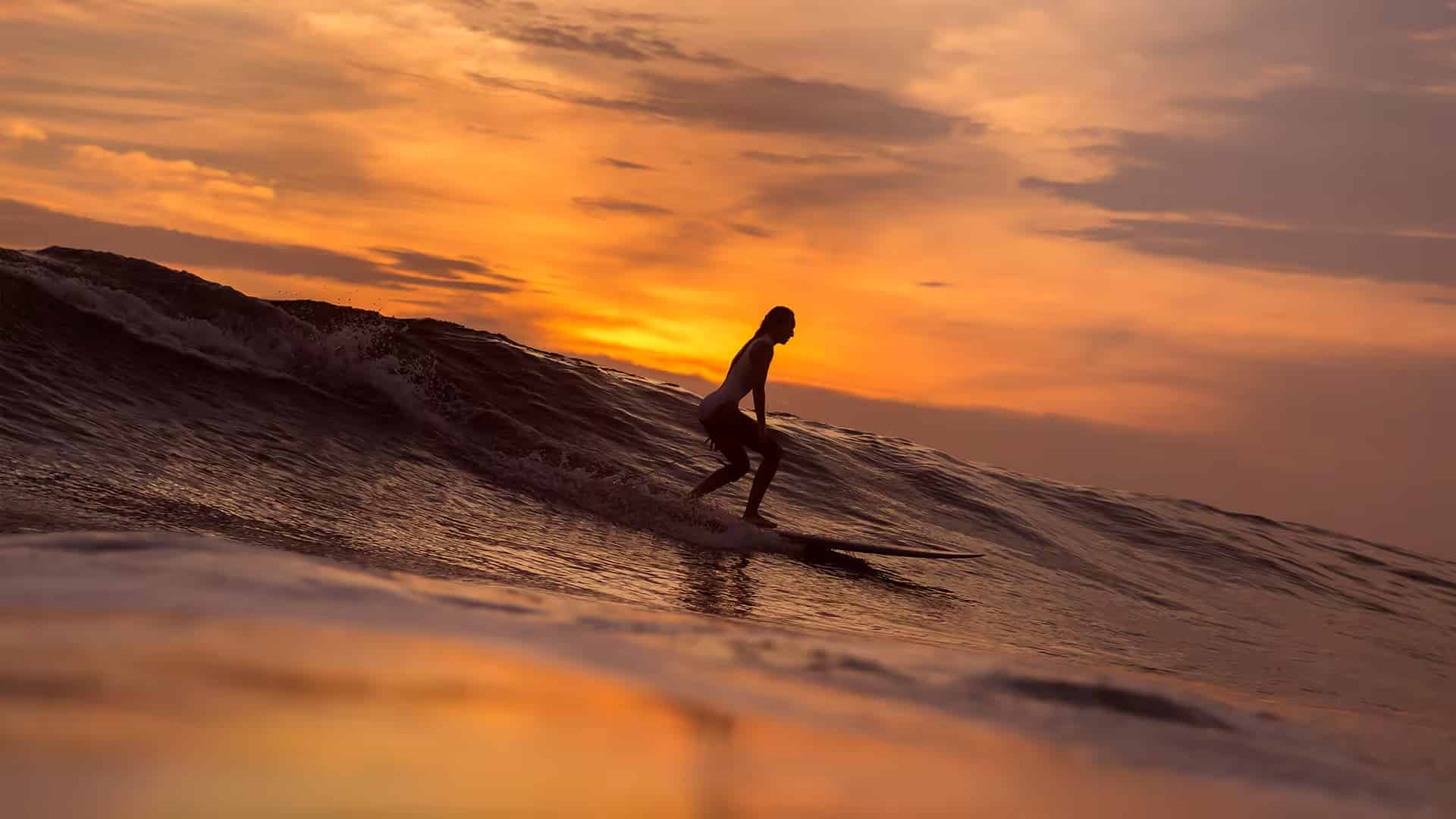
Is 1 foot enough for surfing?
Surfing is an exhilarating and challenging sport that requires both physical and mental stamina. While it can be tiring, the exhaustion is a result of the intense workout you get from paddling out, riding waves, and navigating the ocean currents. However, the feeling of catching a wave and riding it to shore makes all the effort worth it. With proper training and preparation, surfing can be a fun and energising activity that leaves you feeling refreshed and rejuvenated.
It's important to remember that surfing can be physically demanding, especially for beginners who are not yet used to the movements and the strength required. However, with regular practice, your body will adapt and become stronger, making surfing less exhausting over time. Additionally, there are ways to conserve energy while surfing, such as using the right equipment, taking breaks when needed, and pacing yourself. By doing so, you can extend your time in the water and enjoy the experience without feeling overly fatigued. So, while surfing may be tiring, it's definitely worth trying for the sheer thrill of riding the waves and the sense of accomplishment that comes with it.
Can I start surfing at 26?
Absolutely! You can start surfing at any age and 26 is a great time to start. Don't let the fear of being a beginner hold you back from trying something new and exciting. Surfing is not only a fun way to spend your time, but it's also a great way to stay active and healthy. The feeling of riding a wave is like no other, and it's a fantastic way to connect with nature and the ocean.
It's important to remember that everyone starts as a beginner, even the most skilled surfers had to start somewhere. Surfing is a sport that requires practice and patience, so don't expect to be a pro overnight. But with time and dedication, you'll be able to catch your first wave and progress from there. So why not give it a go? Grab a surfboard, head to the beach, and see where this amazing sport can take you. You never know, surfing might just become your new favourite hobby!
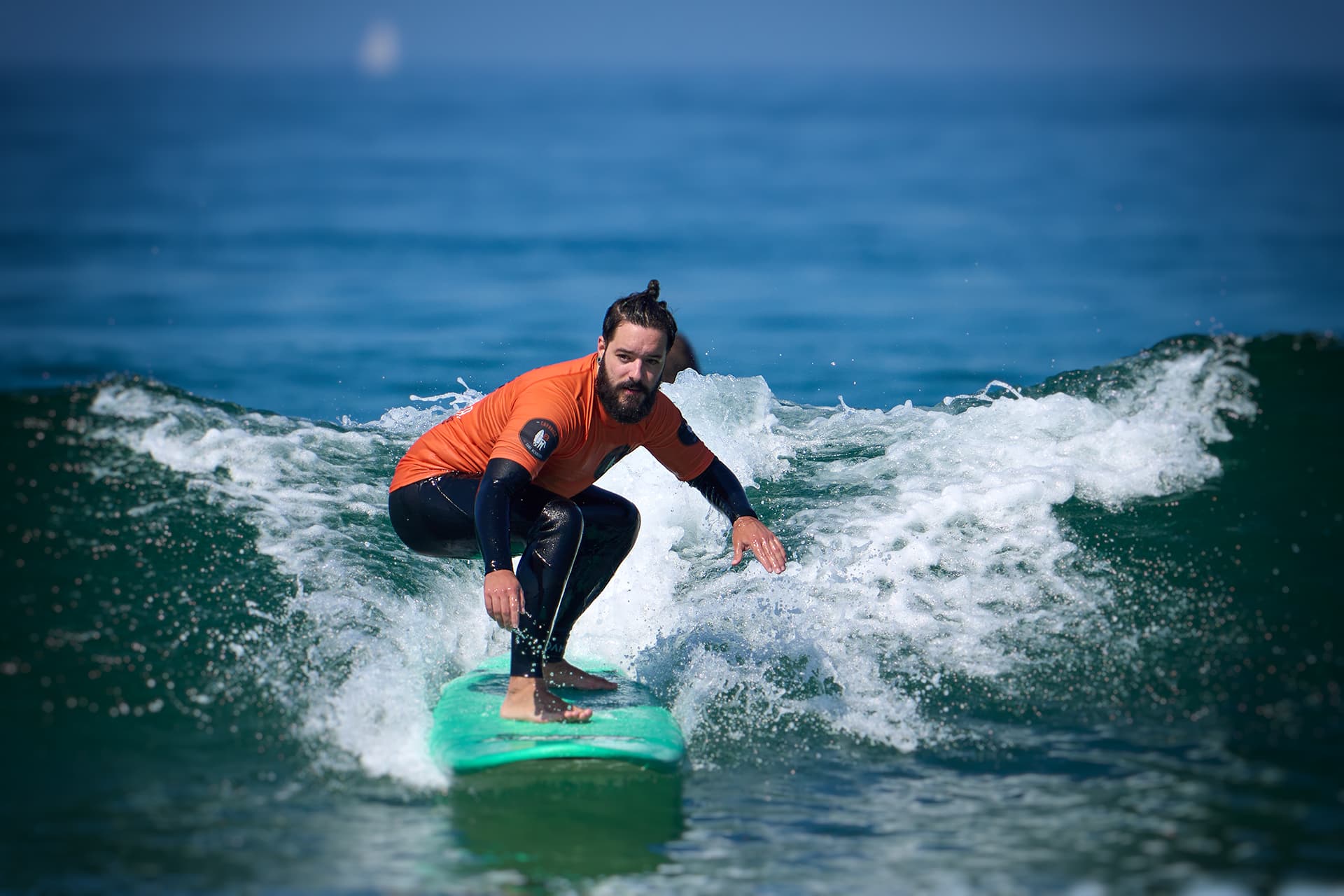

What is the average height of a surfer?
There is no one "average" height for a surfer. In fact, surfing is a sport that welcomes people of all shapes and sizes, and there are successful surfers at every height. Some of the world's best surfers, like Kelly Slater and Carissa Moore, are relatively tall, while others, like Stephanie Gilmore and Gabriel Medina, are on the shorter side. What's important in surfing is not your height, but your skill and technique.
In fact, being a shorter or taller surfer can have its advantages. Taller surfers can have a longer reach, which can help them catch waves further out and perform certain maneuvers with ease. On the other hand, shorter surfers may have a lower centre of gravity, which can give them an advantage in balance and manoeuvring the board in the water. So, don't let your height discourage you from trying surfing or pursuing it as a hobby. Whatever your height, if you're willing to put in the effort and practice, you can become a skilled and successful surfer.
Surf LessonsCan you learn to surf over 50?
Absolutely! Learning to surf is an exciting and rewarding experience that can be enjoyed at any age. While it may seem daunting to take up a new sport later in life, there are many reasons why it's never too late to learn to surf. First and foremost, surfing is a fantastic way to stay active and fit, which is essential for maintaining a healthy lifestyle as we age. Additionally, surfing can be a great way to spend time outdoors and connect with nature, which has been shown to have numerous health benefits.
Learning to surf can also be an incredibly fulfilling experience that can help boost your confidence and sense of accomplishment. While it may take some time and effort to get the hang of it, the feeling of catching your first wave is something that you'll never forget. Plus, surfing can be a fun social activity that allows you to meet new people and build meaningful connections with others who share your passion for the sport. So, if you're over 50 and considering taking up surfing, don't hesitate! With a positive attitude, a willingness to learn, and some good instruction, you can be riding the waves in no time.
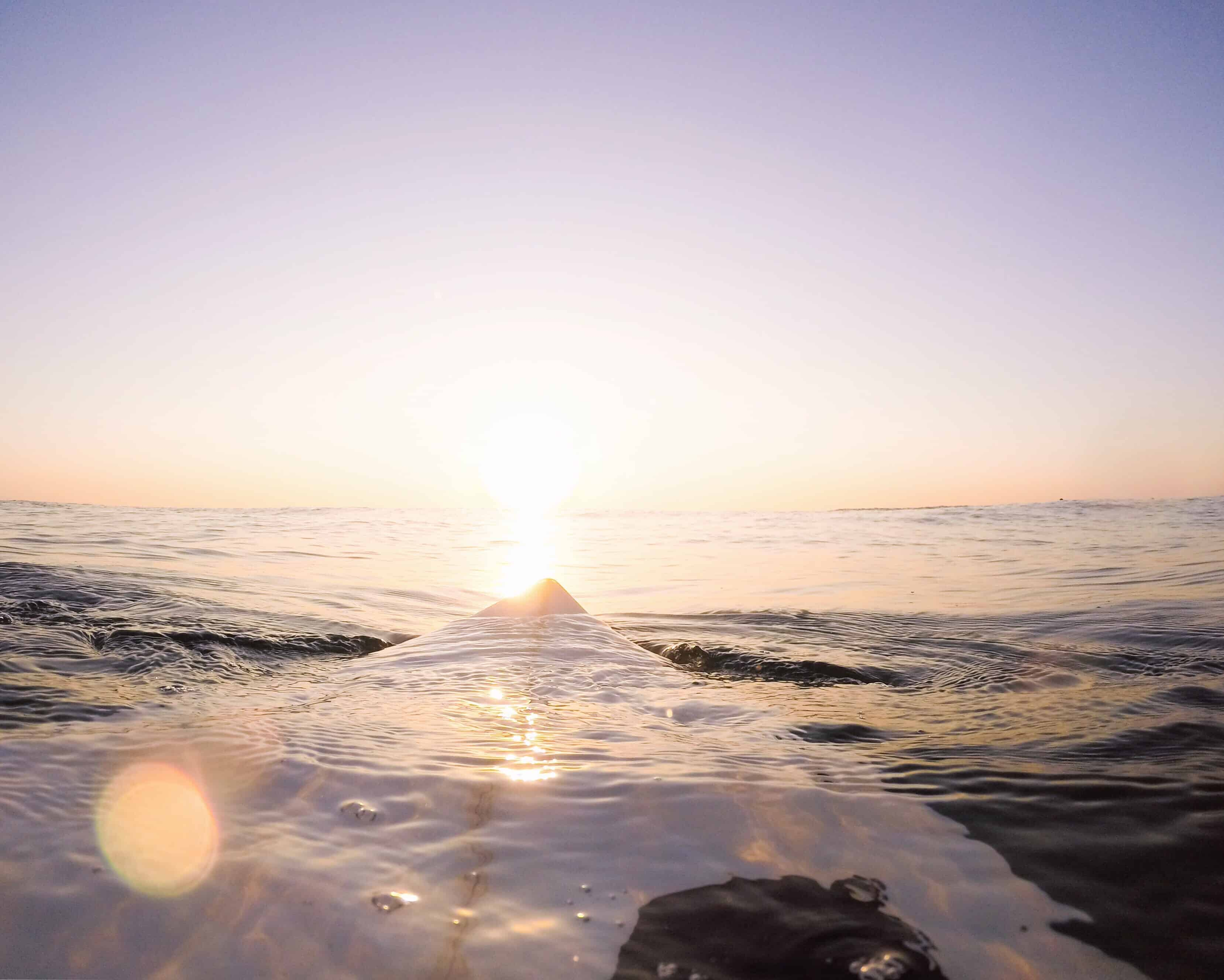
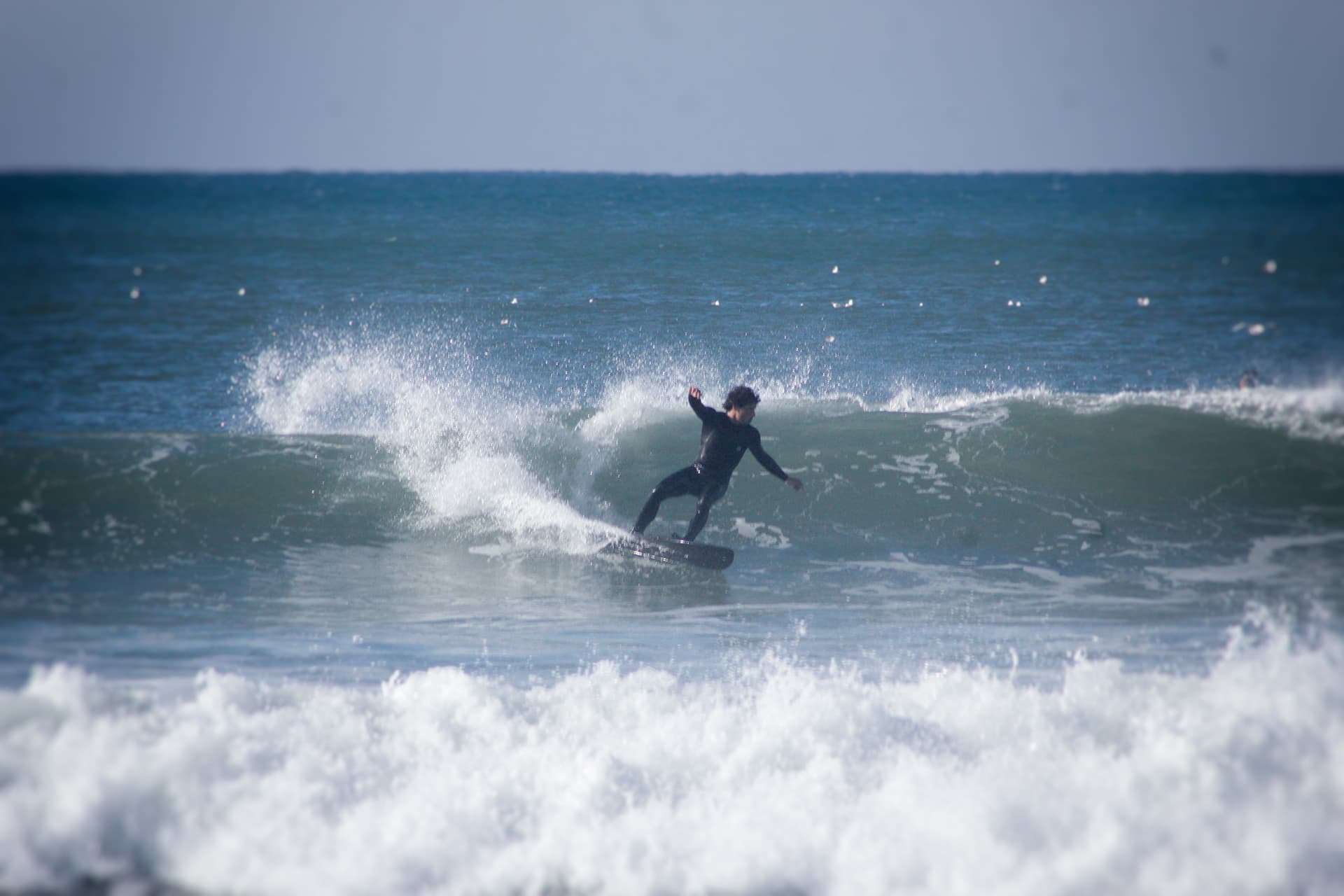
Is surfing good for your brain?
Surfing isn't just a fun way to catch some waves and get a good workout - it's also great for your brain! Engaging in this exhilarating activity has a multitude of benefits for your mind, ranging from improved focus and concentration to reduced stress levels. So if you're looking for a new hobby that will not only be enjoyable but also beneficial for your mental health, surfing might be just what you need.
One of the key ways in which surfing benefits your brain is by enhancing your ability to focus and concentrate. When you're out in the water, you need to be fully present and attentive to your surroundings in order to catch waves and avoid hazards. This heightened state of awareness can help to strengthen your neural pathways and improve your cognitive function, leading to better memory retention, sharper problem-solving skills, and an overall increase in mental acuity. Furthermore, surfing has been shown to decrease stress and anxiety, as the combination of physical activity, fresh air, and the soothing sounds of the ocean can have a calming effect on the mind. All in all, surfing is a fantastic way to improve your mental wellbeing and keep your brain in top shape!
Is surfing easier than skating?
If you're looking for a fun and exciting way to stay active, you might be considering either surfing or skating. While both sports can be incredibly rewarding, you might be wondering which one is easier to get the hang of. In our opinion, surfing is actually easier than skating, and here's why.
For starters, surfing requires less coordination than skating. When you're skating, you need to constantly balance on a thin board while also propelling yourself forward with your legs. This can be quite challenging for beginners, especially if you're not used to the feeling of being on wheels. On the other hand, surfing involves standing on a much larger board that is designed to be buoyant and stable in the water. While there is certainly a learning curve involved in getting used to the waves and the rhythm of the ocean, many people find that they are able to stand up on a surfboard relatively quickly, even if they have no prior experience. So if you're looking for a fun and approachable sport that you can pick up with relative ease, surfing might be the way to go!
